7 fascinating conclusions from the international conference "INNOVATION - Creating the Future"12/12/2016 The international conference "Innovation - Creating the Future" was attended by more than 200 delegates from over 15 countries, brought businesses and universities together and provoked them to brainstorm on how to work together for a better future for both parties and how innovation could be an integral part for a better collaboration. After months of preparation and challenges the team at the Knowledge, Innovation and Strategies Management Club together with the State University of Library Studies and Information Technolgies and the partners from the Erasmus+ funded APInno project did host not only a successful event summarising the benefits the results of the project will bring, but an event full of excitement, great networking and plenty of follow ups bringing potential opportunities for everyone. There have been missed flights, travelling for days to come from the other side of the globe, emotions, exhaustion, sleepless nights for some but the enthusiasm and the sparks around the conference main hall and additional rooms were simply amazing. The whole APInno team were also extremely delighted to have 20+ universities from different countries, 80+ companies, social partners and policy makers which contributed to a valuable discussion throughout the whole day of 21 November 2016 in Sofia, Bulgaria. If you missed the opportunity to join us at this illuminating event, we have recapped 7 conclusions drawn from the conference day below. 1. Innovation for collaboration needs a structured process Innovation plays a focal role in the university and business collaboration BUT this role needs to be structured the same way innovation is a systematic process. Therefore, after trials and erros for 2 years the APInno project established an innovation management methodology which is based on expriential learning in order to bridge the large gap between what workforce universities 'produce' and what companies actually need. The methodology shows us that from the messy idea generation moment through concept development and pipeline management, execution and implementation have to follow. 2. The university model requires a fundamental change The public is already beginning to question the value higher education provides to society. It is obvious that things need to change as we can all observe how students have troubles finding appropriate jobs after graduating and trying to settle their debts which they took to be able to study at a university. Therefore, instead of making money and contributing to the economy, students waste time and incur expenses. Yes, the university model needs to be fundamentally altered so they could feed businesses with the energy and enthusiasm of skillful employees ready to 'fight' in a competitive world where innovation is not only a buzz word but reality. 3. Innovation is not about technology at all We see new mindsets, new generations, new organisations appearing on the horizon. We also see new markets emerging. The world has moved from having thousands of businesses each with millions of customers to millions of businesses with hundreds of thousands of customers. This is a result from shifting to technology-supported industries. However, innovation is not about technology at all, it is about how we efficiently and effectively use what we have in order to produce value for ourselves and others. 4. Design thinking - a buzz word for business success? Perhaps most people have already observed that creativity and innovation have become buzzwords for business success, followed by terms such as ‘Design Thinking’ creeping into business education. However, some research shows us that there is around 20% decline in creative capacity of learners in the past 20 years. In an era when creativity is in demand, we need to first understand the creative thinking process and the difference between implementation (doing things that are determined by others and matching against their expectations) and innovation (producing multiple and varied solutions that respond to change and often surprise). 5. Entrepreneurs have to focus on designing The entrepreneurial journey is simple: starts from an idea, right through a business model to the business plan. However, entrepreneurs need to take into consideration the market desirability, financial viability and technical feasibility of the business they are trying to establish. Therefore, designing a business model is the essence of a business opportunity, whether it is to be pursued in a start-up, corporate venturing or social entrepreneurial setting. 6. Balance the academic and commercial interests Universities are a great source for technological opportunities for creating high-technology ventures. Despite that, universities are generally characterized as having weak capabilities for the development of commercial applications. The academic culture values getting its hands on research, but the commercial and entrepreneurial aspect comes right outside it and this is a sensitive issue. Academia has to develop not only creative and confident minds but commercially oriented graduates prepared for the business challenges they will come across. 7. Internships and real work for students is a must The APInno project has proven once again the importance of business and academia partnership. But the collaboration focuses on the topic of innovation and this has brought new amazing ideas for future work on assisting the two parties. The project sets out important points to look at, for example, how such collaboration can accelerate the university-work transition for students through internships and how setting real innovation challenges to be solved by students could be a real asset for businesses. Indeed, it's a win-win for everyone.
|
KISMC TeamBlog post by our team, innovation contributors, VIP members, blog guests, etc. Archives
January 2024
Categories
All
|
|
The Knowledge, Innovation and Strategies Management Club is a non-profit organisation set up in Sofia, Bulgaria in 2012 to foster knowledge and innovation management across South East Europe. KISMC is supporting the development of the innovation ecosystem in the region by bridging the gap between education, research and business.
|
© COPYRIGHT 2013- 2021. KISMC. ALL RIGHTS RESERVED.
|

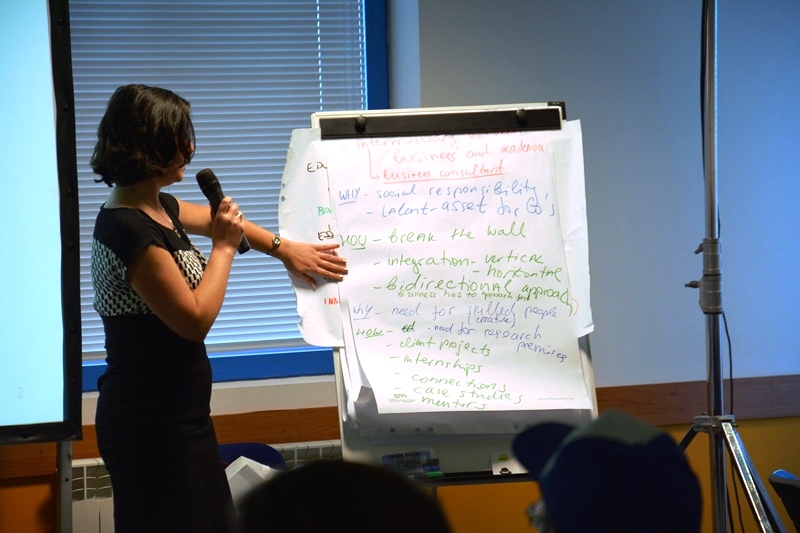
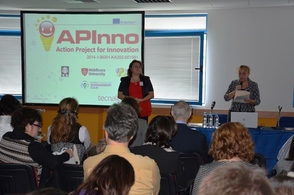
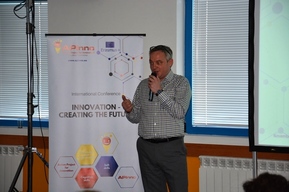
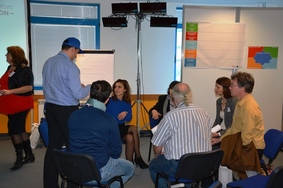
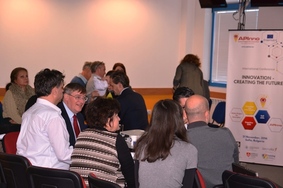
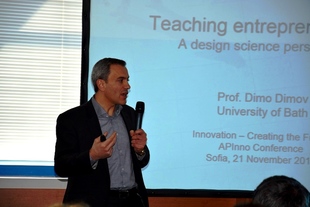
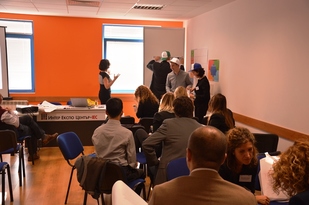
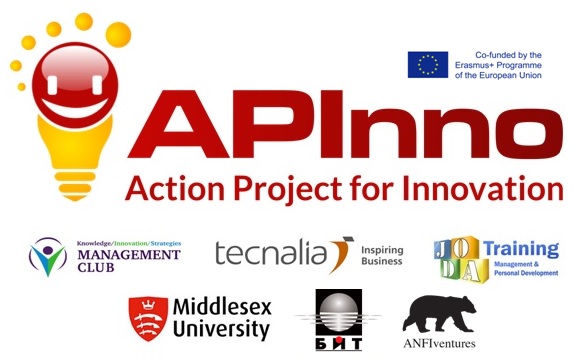
 RSS Feed
RSS Feed